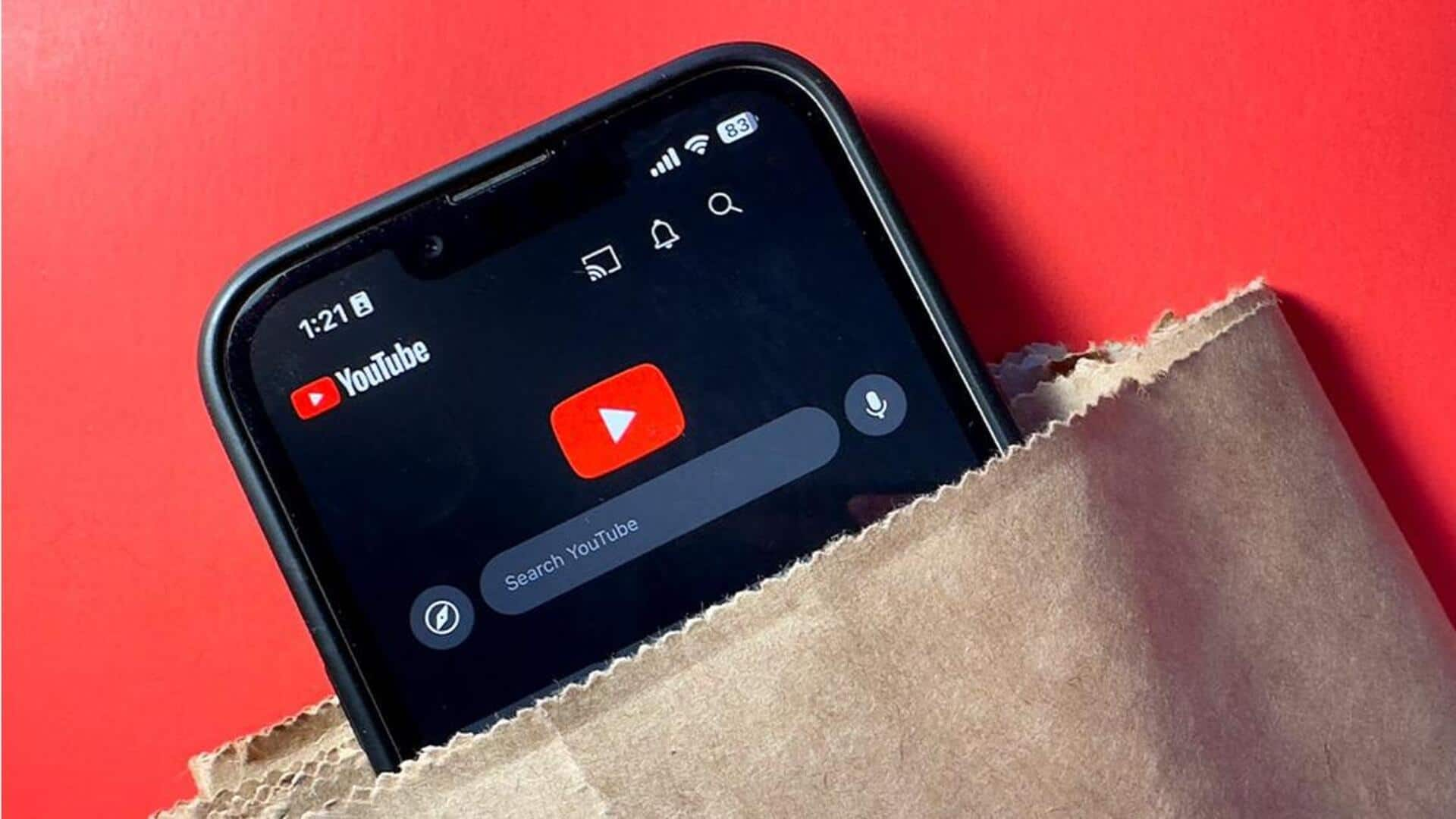
YouTube developing tools to protect creators from voice cloning, deepfakes
What's the story
YouTube is in the process of creating innovative tools to empower its creators against content that imitates their voice or likeness using generative AI. The company announced this initiative as part of its commitment to protect its creators and partners, while also promoting responsible AI development. The first tool being developed is a "synthetic-singing identification technology," which will allow creators and artists to automatically detect and manage content that mimics their singing voices using generative AI.
Tech details
A closer look at synthetic-singing identification technology
The synthetic-singing identification technology is an extension of YouTube's existing Content ID copyright identification system. The company plans to test this tool under a pilot program next year. This development comes after YouTube's promise last November to provide music labels with a mechanism to remove AI clones of musicians from the platform. The rise and easy accessibility of generative AI music tools have raised concerns among artists about potential plagiarism, imitation, and copyright infringement issues.
Artist apprehensions
Artists voice concerns over unauthorized AI mimicry
Earlier this year, over 200 artists including Billie Eilish and Katy Perry expressed their concerns in an open letter. They labeled unauthorized AI-generated mimicry as an "assault on human creativity" and called for more accountability in its development to safeguard performers' livelihoods. In response to these concerns, YouTube is also developing a tool that can identify facial deepfakes of actors, creators, musicians, and athletes on the platform. This system is still under development with no specified launch date yet.
Policy enforcement
Stance against unauthorized content access for AI training
YouTube has reiterated its stance against anyone using the platform to develop AI tools without permission, stating "We've been clear that accessing creator content in unauthorized ways violates our Terms of Service." This statement comes despite tech giants like OpenAI, Anthropic, NVIDIA, Runway AI, and Salesforce having trained their AI systems on thousands of YouTube videos obtained without authorization. To combat this, YouTube is implementing measures like blocking scrapers from accessing its platform and investing in scraping detection systems.
Future plans
Commitment to human creativity and creator protection
In its announcement, YouTube emphasized that as AI evolves, it should enhance human creativity, not replace it. The platform is also working with its partners to ensure future advancements amplify their voices. It also plans to develop more preventive measures to address concerns and achieve common goals. Additionally, YouTube is exploring ways to give creators more control over how third-party AI services can use their content on the platform, with further details expected later this year.